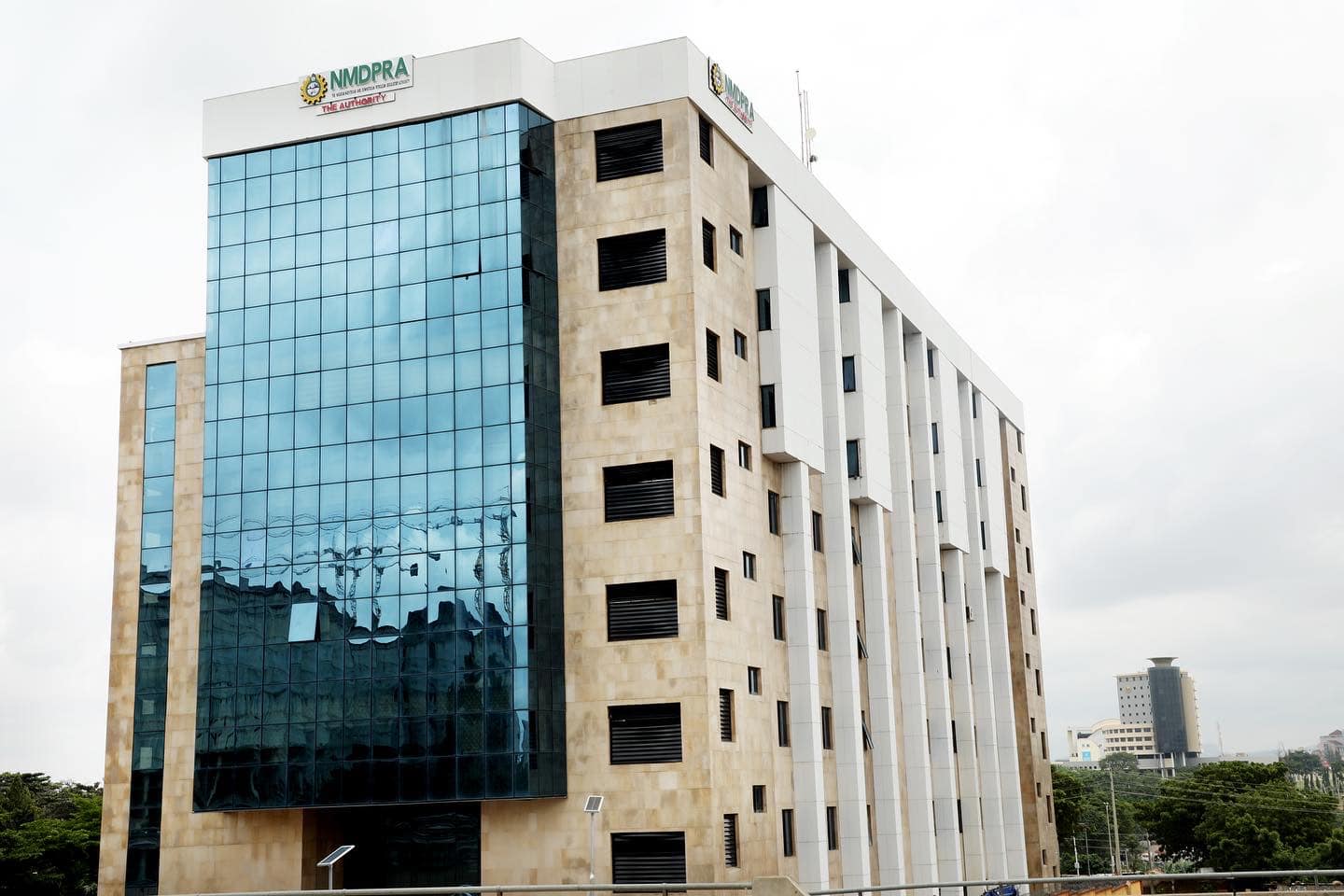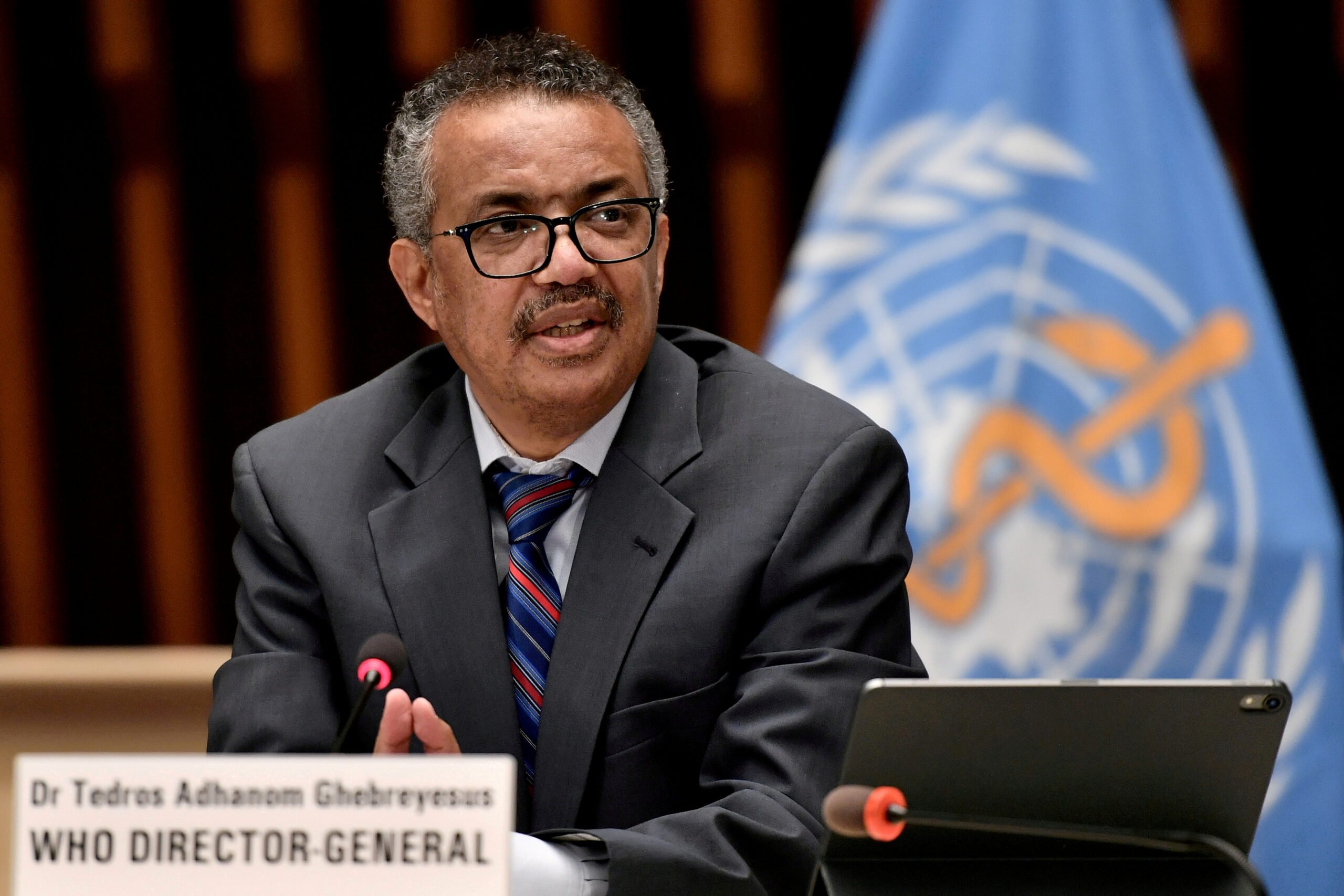Office of the Nigerian Midstream and Downstream Petroleum Regulatory Authority (NMDPRA).
The Nigerian Midstream and Downstream Petroleum Regulatory Authority (NMDPRA) says no dirty fuel is being imported into the country.
Ogbugo Ukoha, NMDPRA’s executive director, distribution systems, storage and retailing infrastructure, spoke to journalists after a meeting with the oil marketers and domestic refiners in Abuja on Tuesday.
On June 23, Devakumar Edwin, vice-president, oil and gas at Dangote Industries Limited (DIL), accused NMPDRA of granting licences indiscriminately for the importation of dirty diesel and aviation fuel.
However, Ukoha said the sulphur content in imported fuel in the present month is not above the lawful limit.
Advertisement
“There is no dirty fuel being brought in. I am giving you the statistics for June and what we have on the average from the import has continued to go down from 200 parts per million (PPM) of the average and now we have it below 50PPM that is provided under the law,” he said.
Ukoha said the Economics Community of West African States (ECOWAS) in 2020 endorsed a declaration, adopting the African fuel roadmap that requires that certain products have a minimum 50ppm of sulphur.
“Whilst it encouraged almost an immediate enforcement against imports to comply with that standard, the same treaty deferred enforcement for local refineries up to 31 December 2024,” Ukoha said.
Advertisement
He noted that section 317 of the Petroleum Industry Act (PIA) also captured and upheld the ECOWAS treaty.
“And with the refineries, there is no need to enforce that until the end of this year. But they are already taking steps to see that is also guaranteed,” he said.
“So as an Authority what have we done since we came into being? We started by engendering compliance. We saw a downward trend up to December 2023.
“In December and in January of this year, we noticed a spike in the sulphur content of products being imported. And again now began strong enforcement from February 1.”
Advertisement
‘LEVEL OF CONTAMINATION OF IMPORTED FUEL HAS REDUCED’
Ukoha said since the authority commenced enforcement, the level of contamination has declined in every imported automotive gas oil (AGO) to below the 50PPM provided by law.
“With the local refineries, remember that declaration deferred it and so they continue to produce at a higher level. But we are not very anxious about that because even the new refineries that are coming in have within their design of the plant desulphurisation units that will see in the nearest future that sulphur going down as low as 10 ppm,” he said.
Ukoha assured that this is a mandate that the authority takes very seriously and it is determined to guarantee the well-being and health of Nigerians.
Advertisement
Add a comment









